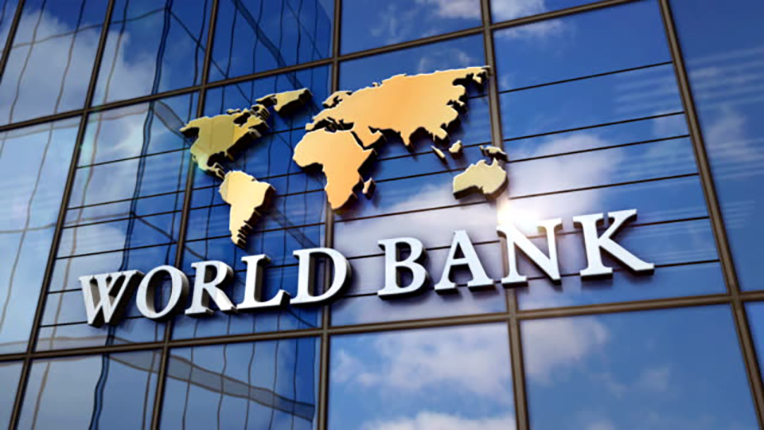Economic growth of African major economies, among them Nigeria, South Africa and Egypt, have been showing slow growth rates, the World Bank stated in its April Africa’s Pulse report.
According to Leveraging Resource Wealth During the Low Carbon Transition – Africa’s Pulse report, the economic growth in Sub Saharan Africa is expected to go from 3.6 percent in 2022, to 3.1 percent by the end of 2023, the report showed.
The World Bank stated high inflation and the massive decline of investment growth as some of the reasons behind the slow economic growth of African countries.
The debt risks of 22 African countries remain high, and are in even higher risk of external debt distress, or are in debt distress since December 2022.
“Unfavorable global financial conditions have increased borrowing costs and debt service costs in Africa, diverting money from badly needed development investments and threatening macro-fiscal stability,” the report added.
Investment growth in Sub Saharan Africa went from 6.8 percent in 2010/2013, to 1.6 percent in 2021, with numbers showing an even slower slowdown in Eastern and Southern Africa, and Western and Central Africa.
“Rapid global decarbonization will bring significant economic opportunities to Africa. Metals and minerals will be needed in larger quantities for low carbon technologies like batteries, and with the right policies, could boost fiscal revenues, increase opportunities for regional value chains that create jobs, and accelerate economic transformation,” said World Bank Senior Economist, James Cust.
“Weak growth combined with debt vulnerabilities and dismal investment growth risks a lost decade in poverty reduction,” World Bank Chief Economist for Africa, Andrew Dabalen, mentioned in his comments on the report.
To revive the economic growth and face the rising debt levels, Africa governments have to shift their focus to macroeconomic stability, domestic revenue mobilization, debt reduction and productive investments, said the World Bank.
African countries have the potential to double the average revenues they currently collect from natural resources, tapping them through royalties and taxes, and attract private sector investment requires the right policies, reforms and governance, the report said.
